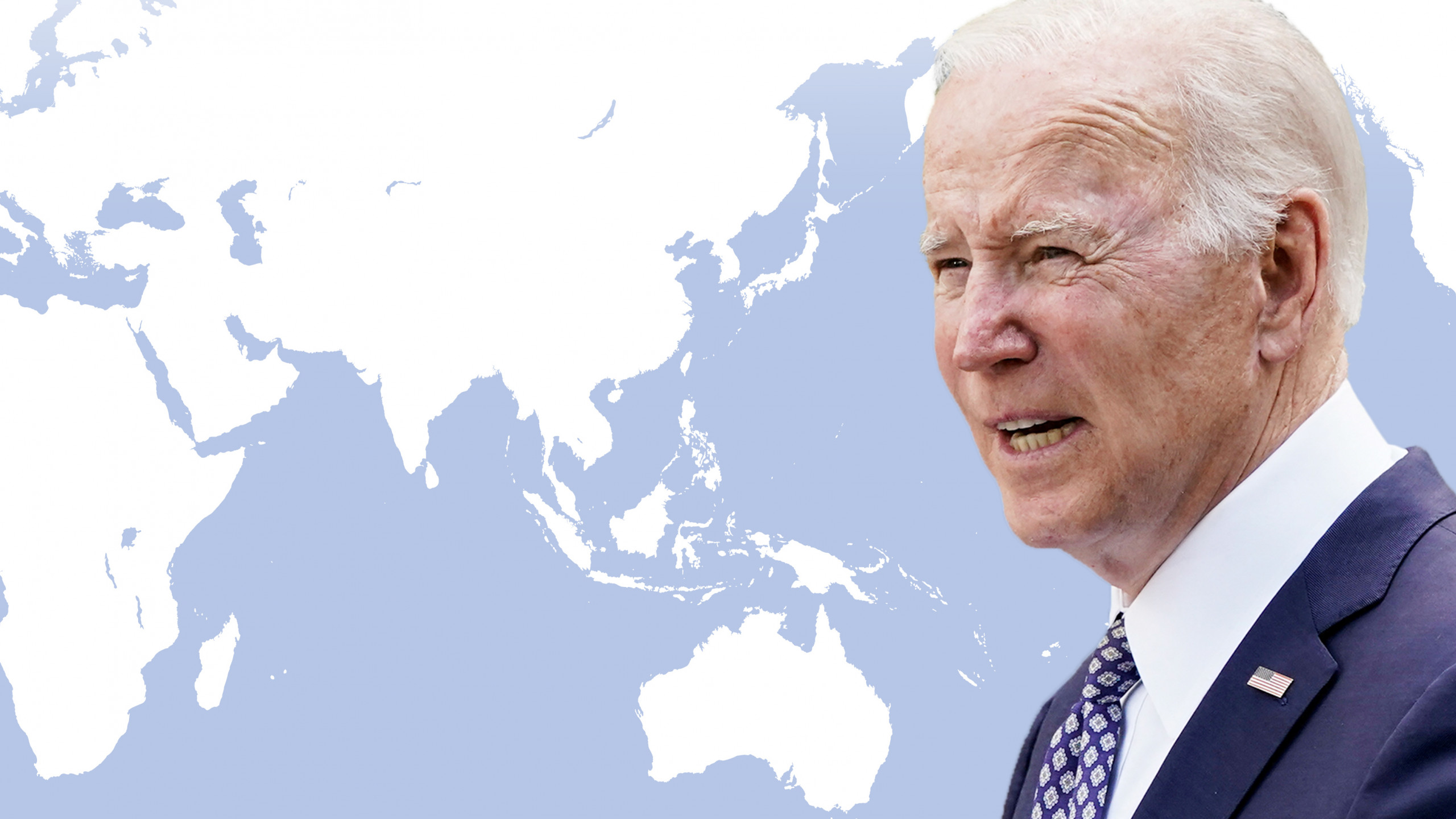The son of the former dictator wins an overwhelming majority. What does his rise to power mean for the Southeast Asian country?
On May 9, 2022, the Philippines put a Marcos back in charge of the country. And with unequivocal results: a few hours after the closing of the polls, Ferdinand Marcos Jr. had already obtained a clear lead over the other leading candidate, Leni Robredo. To dictate the success of "Bongbong" also the choice of Sara Duterte as his candidate for the vice-presidency. This is the largest electoral success ever recorded by a candidate since 1989, when Corazon Aquino obtained office on the push of the revolts against Marcos' father.
Ferdinand "Bongbong" Marcos Jr.: who is he?
Born in 1957, Ferdinand Marcos Jr. is the only male son of the former Philippine dictator. Exiled with his family in Honolulu after the collapse of the regime, he returned to the Philippines in 1991, two years after the death of his father. Only a few months passed from his return to his homeland to his entry into politics: President Aquino had in fact granted both his return to the Philippines and the possibility to re-enter politics. Ferdinand "Bongbong" Marcos Jr. was first deputy, then governor of Ilocos Norte (historical fiefdom of the Marcos dynasty), and finally congressman and senator between 2010 and 2016. In Ilocos Norte, nevertheless, some remember him as an absentee governor: he had enrolled in Oxford and was often in the States, but he never finished his academic career beyond graduation.
In 2016, he ran for vice president, but lost to candidate Leni Robredo - known later for her opposition to Duterte's policies. It is therefore no coincidence that Marcos Jr. soon inherited Duterte's electoral pool (despite some rifts between the two). His victory was predicted by the polls, where he exceeded 55% of the preferences. Campaign promises were described by observers as "vague," but that did not stop Bongbong from bringing home an unexpected success, the most striking since the election of Aquino.
Disillusionment and social media
Disillusionment with the political class has largely contributed to Marcos Jr.'s unchallenged rise. Despite vague promises, the newly elected president has always played up the need to recreate a more just country where corruption and separatism are not rampant (which did not fail to make itself felt even in the 2022 elections). In addition, the "cleaned up" image of the Marcoses on social media has contributed to the narrative of "a golden era" that was realized under the rule of Marcos' father. In fact, according to the new president's supporters, such rampant corruption would not have existed under the Marcos regime, nor would family clans have had so much power vis-à-vis politics.
The election of Marcos Jr. attracts, as happened also with Duterte, deep reflections around the role of social networks. The Philippines is considered one of the most "social" countries in Asia, with 80 million online users. According to a survey by Rappler, the turning point in this trend was 2016, when Duterte's election reminded many of the populism of US Donald Trump. At least one million people were exposed to fake or misleading news through the spread of viral content. The Philippines passed a law against fake news in 2017 but, as Marcos Jr. himself says, "it is very difficult for governments to manage these dynamics."
The impact of the presidential election on ASEAN
From an ASEAN perspective, a potentially weak Philippine government could be another issue with internal and external repercussions. The dossier on disputed territories in the South China Sea is still unresolved and the promised Code of Conduct to manage Chinese assertiveness is still unrealized. If with Duterte the decision to distance himself from the United States had the appearance of a strategy, with Marcos Jr. it could be a choice forced by events. On the scale of challenges for ASEAN Manila plays a crucial role. Midway between Washington and Beijing, Marcos Jr.'s Philippines could put the group's priorities back on the map. But Bongbong's coy attitude, which has avoided many opportunities for public debate, does not help understand his diplomatic strategy.
According to analysts, the presence of a Marcos in the presidency is not conducive to rebuilding relations with Washington: a Hawaii court in 2011 ordered the Marcoses to pay a $353.6 million fine for failing to declare their assets. The sum has never been paid, and for this reason Marcos is theoretically a wanted man who could face a criminal case if he sets foot in the U.S.. This is a major problem both in the context of presidential visits and multilateral summits with ASEAN. Driven by events, Bongbong could find himself on the path opened up by Rodrigo Duterte to China (and its capital): a path that, depending on how the new president moves, could find space thanks to the push of Vice President Sara Duterte.






